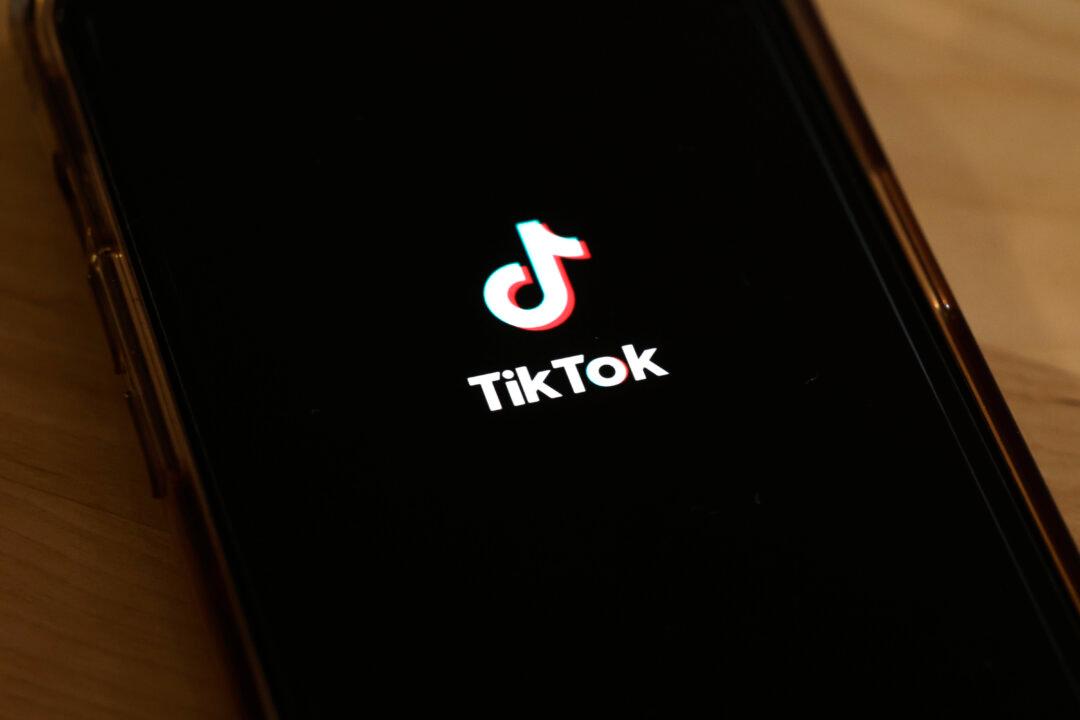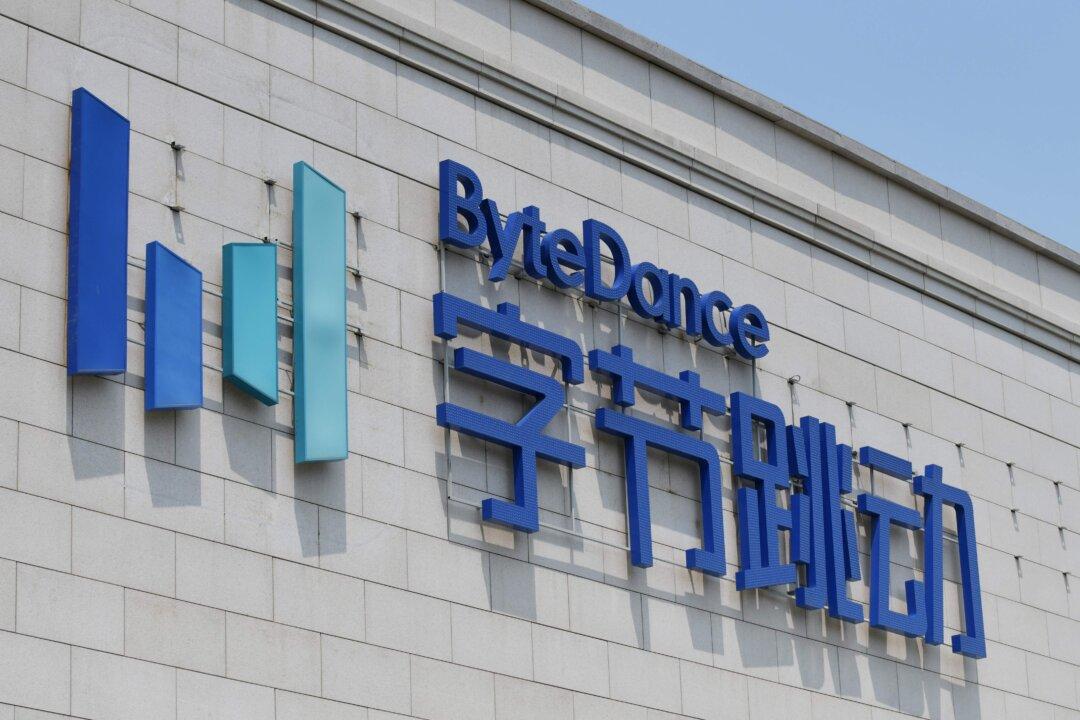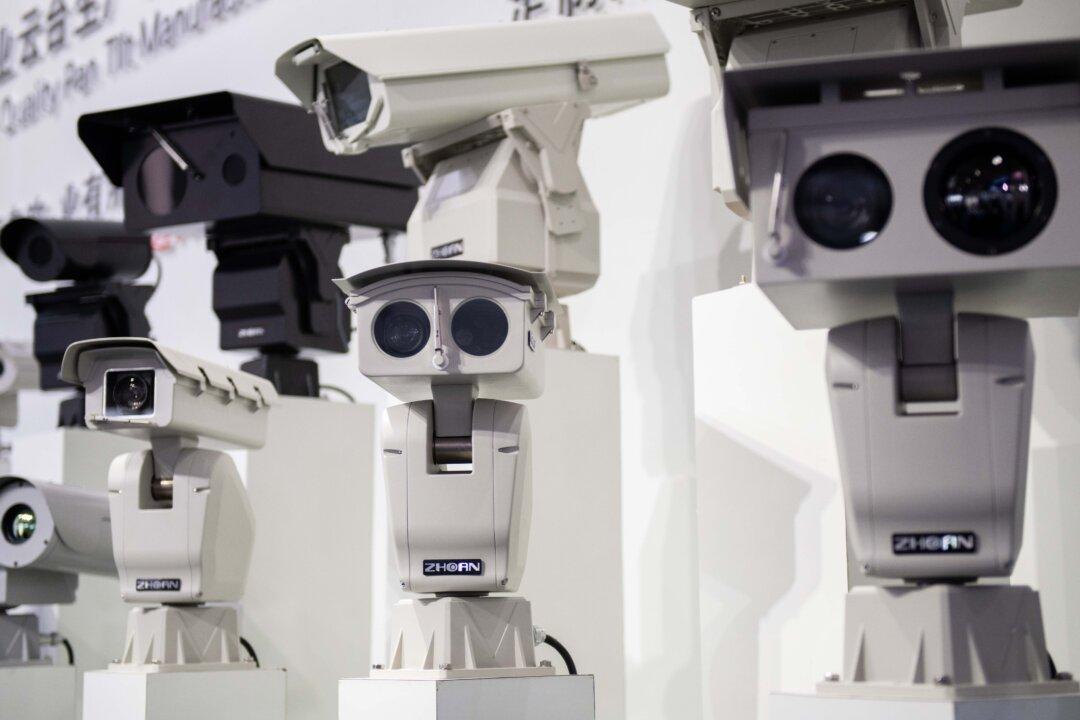Commentary
As the fervor and tenor of dissent grows in the wake of the House vote to force a sale of TikTok, users are right to be angry at our government. But Americans shouldn’t be angry because of free speech concerns, but instead because of how clear and present TikTok’s dangers have always been to our nation.





